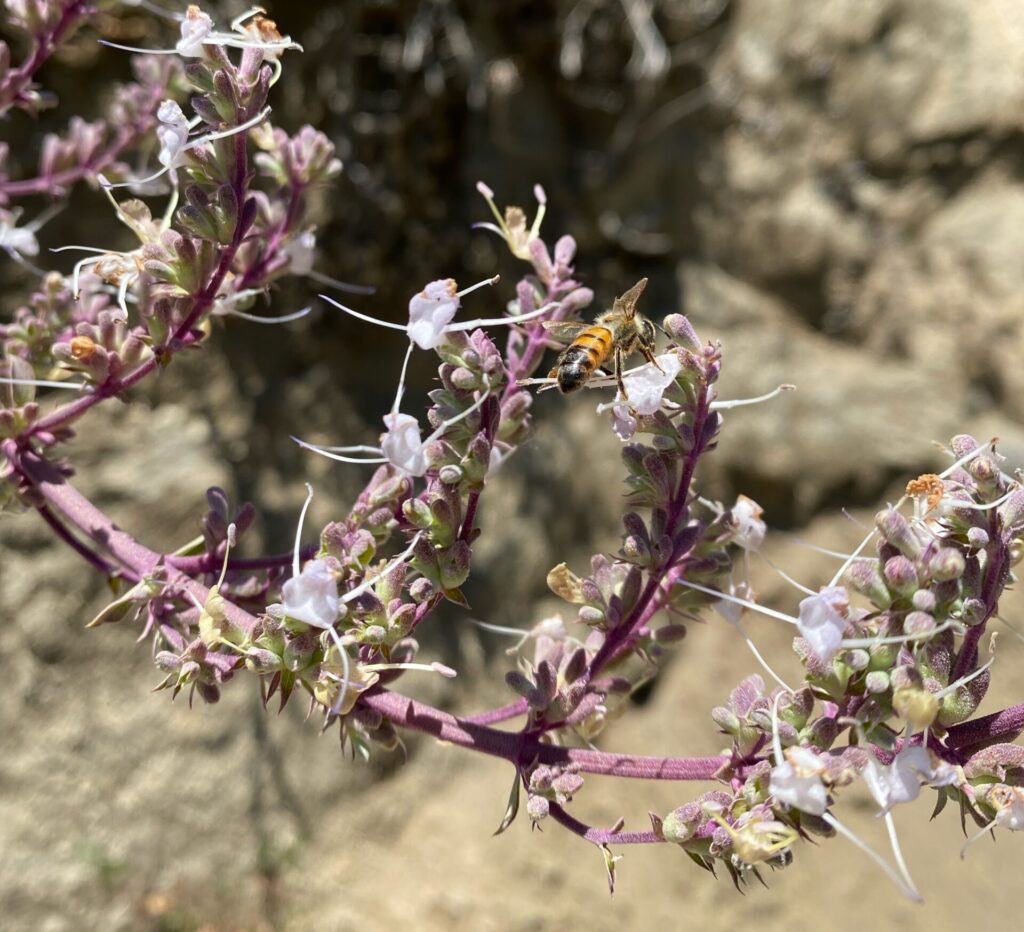Why We Should Only Buy Cruelty-Free Products
The Lovegrove Journal
Innocent animals are suffering for no good reason.
During the creation of new products, some businesses decide to test their products on animals. Animal testing is expensive and the procedures are usually painful and cause the animals lots of distress and suffering. For these tests, animals may be injected, forced to eat, forced to inhale stuff, have stuff applied to their skin or eyes, receive implants, etc. After a test is performed, they are monitored for a while. Unfortunately, many animals are killed after the testing, for organ & tissue analysis’s.
What types of animals are used as test subjects?
In the United States, fish, amphibians, birds, mice, and rats, are legally used as test subjects. Sadly, there are many different animals used for testing around the world. Some of the other commonly used animals include monkeys, horses, rabbits, cows, sheep, pigs, dogs, frogs, turtles and cats. There has also been an increase in the use of genetically modified (GM) animals over the past 30 years. Many of these GM animals die prematurely from their genetic defects. Some examples include mice with muscular dystrophy, rabbits with AIDS, salmon with deformities and breathing issues, and so much more.
Is animal testing reliable?
Animal experiments are not the most reliable because animal bodies react differently than human bodies. Also, animals don’t get all of the same diseases that humans do. About 95 percent of all drugs that are tested on animals fail when they are tested on humans. Fortunately, we don’t need animal testing, and there are non-animal tests like human-cell based tests and computer modeling.
What can we do to help innocent animals?
Since December 2022, ten of the US states have banned the sale of animal-tested cosmetics, and 42 countries have decided to limit or ban animal-testing for cosmetics. Thankfully, there are more than 6,000 companies that are certified cruelty-free. We can help these innocent animals by buying products that are certified cruelty-free, signing petitions, avoiding factory farmed animal products, speaking out about animal abuse, and volunteering with good animal welfare organizations.

